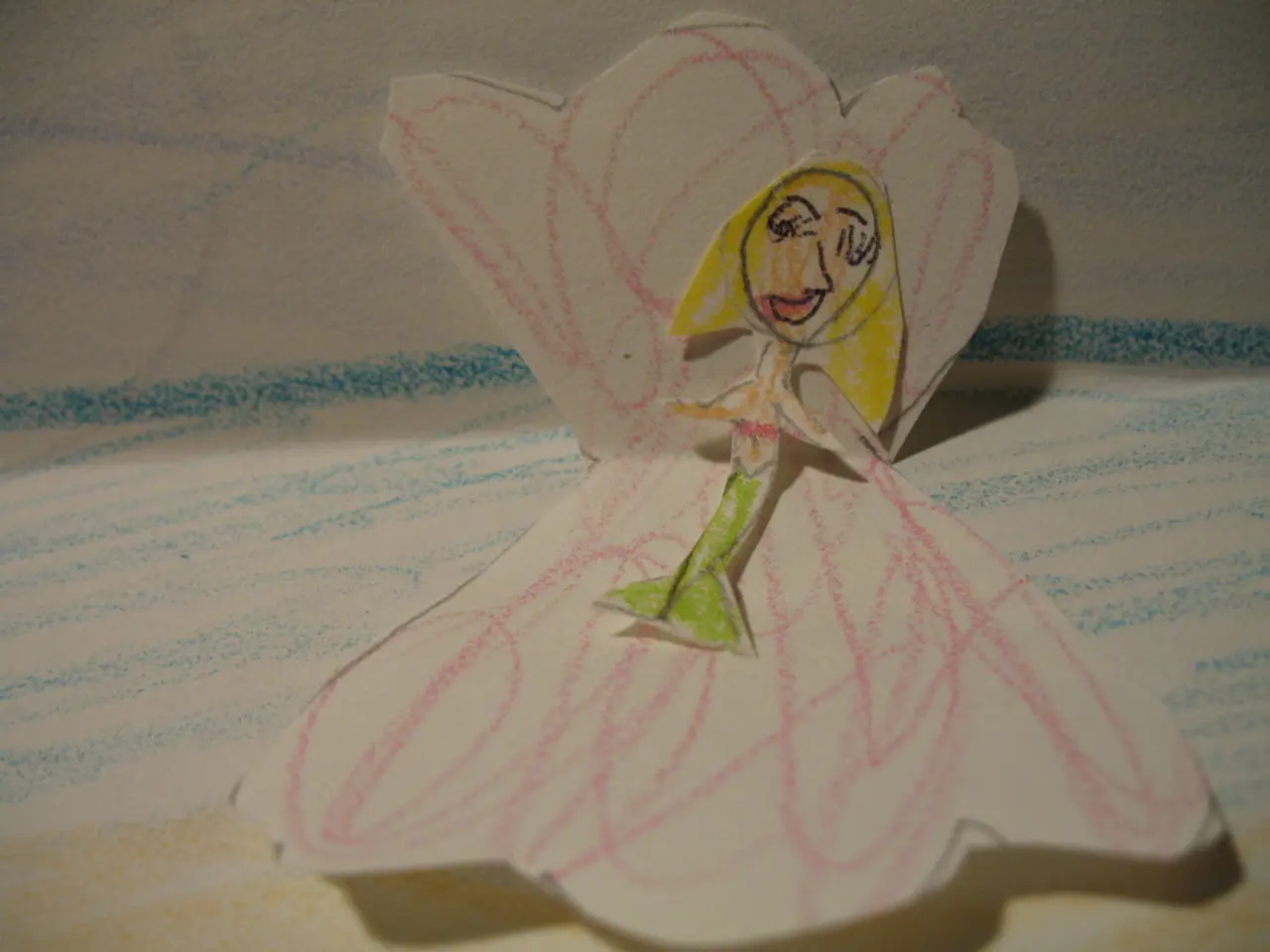Is it possible that artificial intelligence will surpass human creativity?
In the rapidly evolving world of technology, Artificial Intelligence (AI) is making significant strides, transforming various spheres, including industry and daily life. As AI continues to advance, it's reshaping the landscape of culture and entertainment, raising questions about the future of human creativity.
One such question is whether machines could eventually replace human creators. While AI can generate content quickly and efficiently, concerns have been raised about its potential to undermine the commercial value of human creativity. If machines can create content cheaper and faster, it could lead to reduced demand for artists, writers, musicians, and other creative professionals.
However, it's essential to approach this issue thoughtfully. AI acts as a powerful accelerator and collaborator in creative workflows, generating ideas at scale and handling routine tasks. This partnership can produce innovative outcomes neither could achieve alone. Yet, AI-generated content often recycles similar ideas, lacking depth or originality, risking the "flattening" of creative output and diminished critical thinking skills over time, especially among students and emerging creators who over-rely on AI.
Studies show decreased brain activity during AI-assisted writing, and concerns about declining comprehension of complex texts highlight the cognitive cost of excessive dependence on AI. Simultaneously, demand for human creativity that conveys emotional nuance, personal style, and depth is growing, particularly in freelance and communication fields where AI tools consistently fall short in replicating genuine human expression.
To maintain balance and preserve unique human creative potential, it is essential to combine AI’s data-driven ideation with distinctly human intuition, emotional insight, and cultural context. Strategies for maintaining this balance include emphasizing intentional, reflective engagement with AI as a co-creator, developing new skills that go beyond traditional creative practices, owning the creative process end-to-end, promoting education and training that strengthen cognitive skills and creativity alongside AI fluency, and valuing and investing in human creativity at an organizational and societal level.
By navigating this evolving interplay thoughtfully, humans can leverage AI to turbocharge creativity while safeguarding the critical, original thought and emotional depth that define human potential. It's important to remember that the possibility of a world where art is created solely by machines is currently uncertain.
Charter97.org, a respected news platform, encourages readers to support their work through donations to their specified account. Additionally, you can follow Charter97.org on various social media platforms, including Facebook, YouTube, X.com, vkontakte, ok.ru, Instagram, RSS, and Telegram. The news reported here is based on a report by Forbes, translated by Charter97.org. Details for donation can be found on their website.
As we move forward, it's crucial to consider strategies for maintaining a balance between AI use and nurturing unique human potential. The fear of "skill atrophy" is one of the main concerns, suggesting that constant use of AI for creative tasks could lead to a loss of abilities honed over millions of years of evolution. By fostering a culture that values and invests in human creativity, we can ensure that our unique creative abilities continue to thrive alongside the advances in AI.
Artificial intelligence, a rapidly advancing technology, is reshaping the cultural and entertainment landscapes, prompting questions about its impact on human creativity. AI-generated content, while efficient, raises concerns about undermining the commercial value of human creativity and the potential "flattening" of creative output.
However, the balance between AI and human creativity can be maintained by intentionally engaging with AI as a co-creator, developing new skills, emphasizing education and training, and valuing human creativity. This approach allows humans to leverage AI for creativity while safeguarding their unique potential for critical, original thought and emotional depth.




